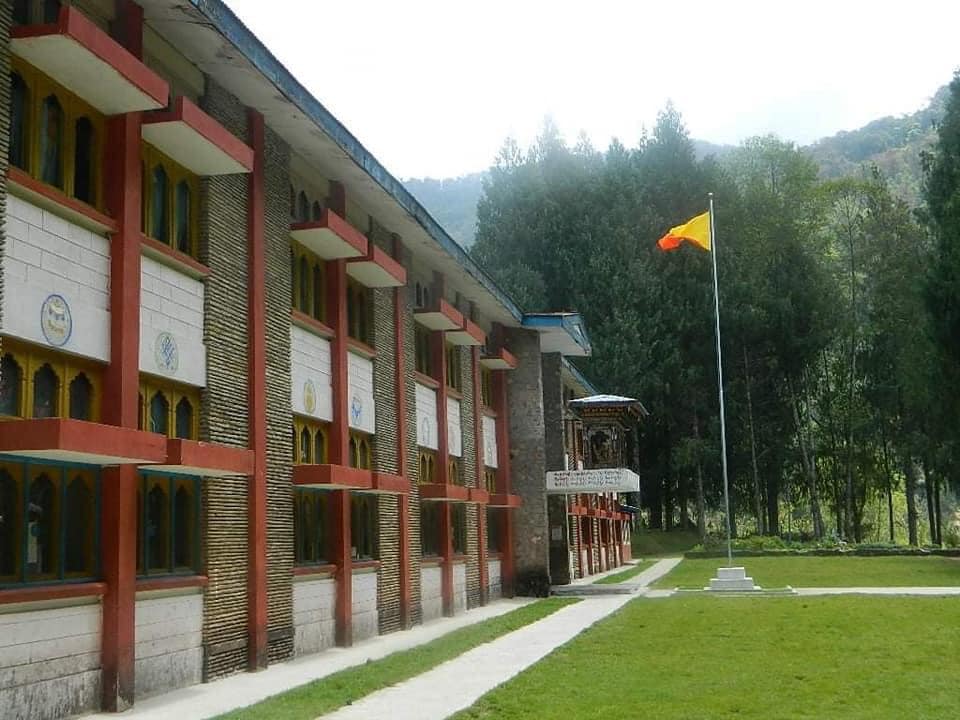A group of children stands, angst writ large on their faces. A girl is about to burst into tears; a boy grits his teeth. Tension builds up as the background tempo reaches a crescendo and all the students lose control. Then, a figure emerges with a lantern, gently passing through the assembly of children. The lantern emanates light and warmth, and the savior consoles each child, wiping a tear here and caressing a cheek there.
This is the opening scene from the drama “The Lantern” written and directed by Charmi Chheda, the Performing Arts Director of the Ministry of Education, and performed by Bhutanese students.
The drama is symbolic of a teacher’s life. The play has five monologues, all incidents expressing how teachers help students, sometimes going out of the way. All the five monologues have the lantern in common as the students pass it from one to the other.
This is just one of the specimens of theatre that the education ministry has produced so far with young talents from Bhutanese schools. Similar to this, from August 16, Thimphu residents will witness a 50-day open to all drama festival performed by students across the country.
These drama productions were selected from 200 dramas performed by 8,000 students from schools across 20 dzongkhags. They will be held in Motithang Higher Secondary School, Thimphu. Of these, 17 are Shakespeare plays, 23 non-Shakespeare plays, seven Dzongkha dramas including namthars, and three self-written and directed by the schools.
Education minister Norbu Wangchuk said that the drama festival will be an annual feature in the education system.
“We initiated drama in schools after Shakespeare was reintroduced in the school curriculum,” he said adding that drama culture has multiple benefits including improving language proficiency and raising self-confidence of the students.
“It would also help discover talents, promote creativity and complement the school curriculum,” said Lyonpo.
Lyonpo also highlighted that drama would enhance good taste in the fine arts.
Meanwhile, Charmi said that Bhutanese have a natural flair for performing arts.
“I do not fail to find an actor, dancer or singer in each one I meet. The advantages Bhutanese students have in drama are the comfort level they have on stage and their effortless performance.”
Charmi said the entire society can be divided into two categories: that of performers or viewers and the only possible way to involve everyone is by getting them on stage or to watch the plays.
“If people are made to see that dramas can be entertaining and educative, I think they will be open to coming for it,” said Charmi, “We need to create many smaller productions with fewer actors and more adults, and create powerful yet relevant stories.”
The drama festival will kick-off with “Tryst with King Lear” by Ugyen Academy.














